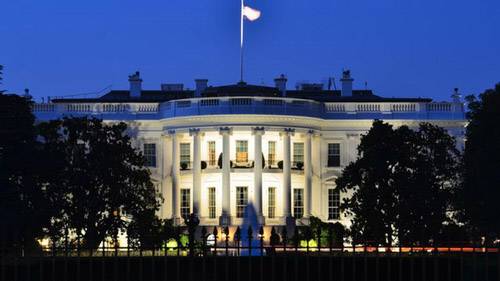
The House of Representatives has once again passed CISPA, the cybersecurity bill that lets companies and the federal government monitor and share your online communication without a warrant. But its fate in the Democrat-controlled Senate is much less clear, particularly now that President Obama has threatened a veto.
House lawmakers voted 288-to-127 in favor of the bill, while 18 abstained. Alarms are now rippling through the civil liberty advocate and Internet activism communities, especially since the bill garnered more supporters than it did last year.
The bill was approved last week without four privacy amendments that would have limited the ability of the NSA to collect personal data from private-sector companies like ISPs, email providers and social-media outfits. The failure of these amendments in committee led President Obama on Monday to publicly threaten a veto:
The Administration, however, remains concerned that the bill does not require private entities to take reasonable steps to remove irrelevant personal information when sending cybersecurity data to the government or other private sector entities.
Last year, opponents of the overreaching SOPA copyright bill included an unusually unified coalition of Internet companies. CISPA’s critics haven’t been so fortunate. AT&T, Comcast, EMC, IBM, Intel, McAfee, Oracle, Time Warner Cable, and Verizon have all signed on as supporters. But tech giants Facebook and Microsoft have stepped back from their support. Google has not taken a position.
The weight now falls to the Senate, which will have to consider ways to amend the bill in order to sidestep President Obama’s veto threat. Last year, CISPA died in the Senate over similar privacy concerns under the shadow of a veto threat.

















